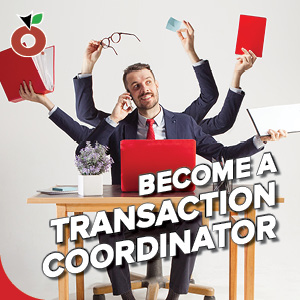“It’s nice to meet you! May I give you my business card?”
Knowing the proper way to treat and hand out your business card says a lot about you, the respect you have for yourself, and the person you are giving it to. Always be courteous and ask permission before giving out your business card, and only give it to someone who asks for it or after you ask permission to give it.
How to offer a business card
- Always have cards on hand. Card exchanges and business socializing often take place at unlikely times and places.
- Be courteous when offering your card and attempt to limit distribution to qualified leads. Handing out 200 cards to everyone at a trade show will not be as productive as taking the time to find 10 qualified leads at the same seminar.
- Always give your card to someone who asks for it — and be sure to ask for theirs in return.
- Hand out pristine cards. Your card should adequately represent who you are and the pride you take in your profession. Throw away old, torn, or worn-out cards.
- Use a business card case that properly represents your professionalism. Keeping your cards in your billfold or floating around in your purse makes for a disorganized impression. It also gives the message that you don’t really take the business card exchange ritual seriously.
- If appropriate, take the time to write a quick note on the card to help the recipient remember you, what you talked about, and why your card was given.
- Don’t hand out more than one card per contact unless more is asked for. If the person you are giving the card to does not have a card of their own, offer two of your cards and ask them to write their contact information on the backside of one and then return the card to you.
- In meetings, don’t slide your card across the conference table. Instead, stand up and hand your card to each individual as introductions are made.
- If you offer one person a card in a group, offer your card to everyone in the group.
How to accept a business card
- Always accept an offered business card.
- If you give a card, ask for a card.
- Say Thank You! as soon the card touches your hand.
- Look at the card for a few seconds as if digesting the information and then compliment the card, font, or logo, if appropriate.
- Put the card in your business card case. Don’t disrespect the card or giver by putting it in your back pocket or other places that say you don’t really care it was given.
- Follow up within one or two days from receiving a business card. Let the giver know you appreciated meeting them, your conversation, or information exchange.
- It’s okay to request a business card, but if the person you are requesting it from maintains a higher position than you, wait for them to offer a card. For example, you wouldn’t ask the CEO of major companies or politicians, such as your state senator or the President of the United States, for a personal business card.f
How to design a business card
- Avoid having too much information on your business card; don’t clutter it up with too many trade or professional designations that won’t mean anything to the public.*
- Use professional paper and printing.
- Use a graphic designer or online business card templates to help you design your card.
- Include your essential contact details, including your name, company name, email address, and telephone number.
- Avoid trade designation initials that might confuse your prospects. ABR, SFR, GRI mean nothing to a potential real estate client.*
- Make sure your colors, font, and other information are easily readable by business card scanners or when converted to other types of electronic format.
* Design separate cards for giving out to your associates. These cards should include your trade or professional designations or designation initials.
Your business card will maximize your chances of successfully making qualified contacts. Remember, your card should represent you as a professional and convey how you think about yourself and conduct business. Don’t skimp and keep it professional.
###
OnlineEd is a provider of pre-licensing, post-licensing, and continuing education for real estate and mortgage brokers. For more information about OnlineEd, please visit www.OnlineEd.com.



